“The whole purpose of this life is to restore to health the eye of the heart whereby God may be seen.”
-St Augustine-
We must discover our true inner harmony and the source of our being if we are to avoid being overtaken by anger, hatred and fear. Dr Sarah Bachelard, author and founding director of Benedictus Contemplative Church in Canberra, Australia, reflects on what Luke 1:26-38, ‘A virgin shall conceive’, can teach us about the spiritual crisis of our time.
Remaining in the land of childhood, imagination and enchantment is a vital part of being human, writes Dr Mark S. Burrows. The renowned poet and scholar reflects on the importance of play, “inactivity” and reverie, both for the individual and society, and considers why Rilke’s question “Why go into exile?” is worth asking again and again, particularly as we grow older.
14th century mystic Julian of Norwich lived in the midst of great suffering, but her vision and experience of the crucified Christ gave her profound insight into the human condition, and our lives of “well-being and woe”. Author and spiritual director Philip Carter reflects on Julian’s message of hope for humanity that “all will be well” because love will overcome.
Poet Christian Wiman found faith when he fell in love at 37, and at 39 was diagnosed with an aggressive cancer. Spiritual Director Dr Frances Mackay reflects on his book My Bright Abyss: Meditation of a Modern Believer - in which he grapples with how to seek God amidst all of life’s vicissitudes and uncertainties - and how his search for an authentic faith has had a powerful impact on her own faith journey.
Poet Bob Morley has been meditating since 1988. In his poem ‘The Spiritual Journey’ he explores the paradox that from the ‘depth of nothingness’ and ‘emptiness’ encountered in meditation, ‘love springs spontaneously’ and ‘nothing becomes everything’.
Last year, long-time meditator Dr Ros Harris spent six weeks on the road with her husband and adult son, whose intellectual disability dictated much of where they could go and what they could do. She reflects on what this experience has taught her about the pure gift of learning to see, and truly behold, what may appear ordinary or mundane.
Images of babies dying from starvation in Gaza have been profoundly disturbing. Pietà is my attempt to both feel and convey the full horror of their, and their mothers’, suffering.
The Anglican Benedictine Monastery of St Mark’s in Camperdown, Victoria, Australia, sits on the rim of an extinct volcano, now Lake Merri Bullen. While on silent retreat here I was inspired by a pair of Harrier Hawks, circling at twilight above the lake, to write the following poems.
Michael McCarthy was an Irish born poet-priest whose compassionate and humane vision is a moving witness to the gifts wrought by love. Many of his poems reflect a profound pastoral sensibility and his awareness of ‘the small miracles that transform life’ in the daily round of visiting the sick and burying the dead. Anglican priest and author Dr Sarah Bachelard* reflects on how his poetry, his pastoral ministry and ability to see God in the fabric of the world and ordinary lives, has nourished her own faith and ministry.
Without contemplation, the future of humanity is under threat, warns Czech author and theologian Tomáš Halík. A psychotherapist, Catholic priest, and professor of sociology at Charles University in Prague, he has Doctorates in Divinity, Sociology and Philosophy, and in 1978 was ordained in the Czech underground church during the Communist oppression of organised religion. Peter Thomas* reflects on the wisdom that Halik offers a world in crisis, and how the deeply contemplative approach Halik advocates can help us to confront our suffering and woundedness, and encounter the risen Christ within.
Sixth century Irish mystic Saint Gobnait went in search of her ‘place of resurrection’ as the gateway to fullness of life. This is a journey that Dr Cath Connelly* has found to be a source of passion and inspiration for her own search for a spiritual home where ‘one’s spirit is totally whole’ and where ‘one is most completely alive’.
We live in a web of Being and when we become open, grounded and still, the creation reaches out to us, writes the Rev’d Rodney Marsh. He reflects on the wonder of taking a solo, silent retreat in the Great Western Woodlands of Western Australia.
French philosopher and mystic Simone Weil is a complex and captivating figure. She believed that we are called to a place of emptiness in which the self is transcended; that the purest form of prayer is to be found in attention in which thought is suspended; and that through suffering we could encounter the core of reality, stripped of falsehood and illusion. Author Michael McGirr* reflects on someone he says who, for 30 years, has left his mind ‘gasping for air.’
Since Pope Francis’s death on Easter Monday, much has been said about the strengths and weaknesses of his papacy. But what stands out for me is his moral leadership on the two most pressing and related issues facing humanity – war, and a reckless, unfettered capitalism, with its indifference to the suffering of others and the future of humanity and the planet, what he calls “Our common home”.
What can we do in the face of so much suffering and evil in the world? Easter draws us to the deep inner well, the womb of Love, from which hope can spring. Roland Ashby reflects.
Artist and long-time meditator Paul Taylor reflects on how the processes of art and meditation can both reveal, and nurture, the seed of Christ that is hidden within us.
In an increasingly insane world, we urgently need communities that foster generosity, creativity and kindness. Author and Anglican priest Michael Wood* reflects on a new book by American writer Margaret Wheatley exploring how sanity can be lived communally and restored to humanity.
In these days of ecological, political, social and personal crisis, is it futile to hope? Dr Sarah Bachelard*, author of Experiencing God in a Time of Crisis, ponders this urgent question as we face the “overwhelming distress” of our age.

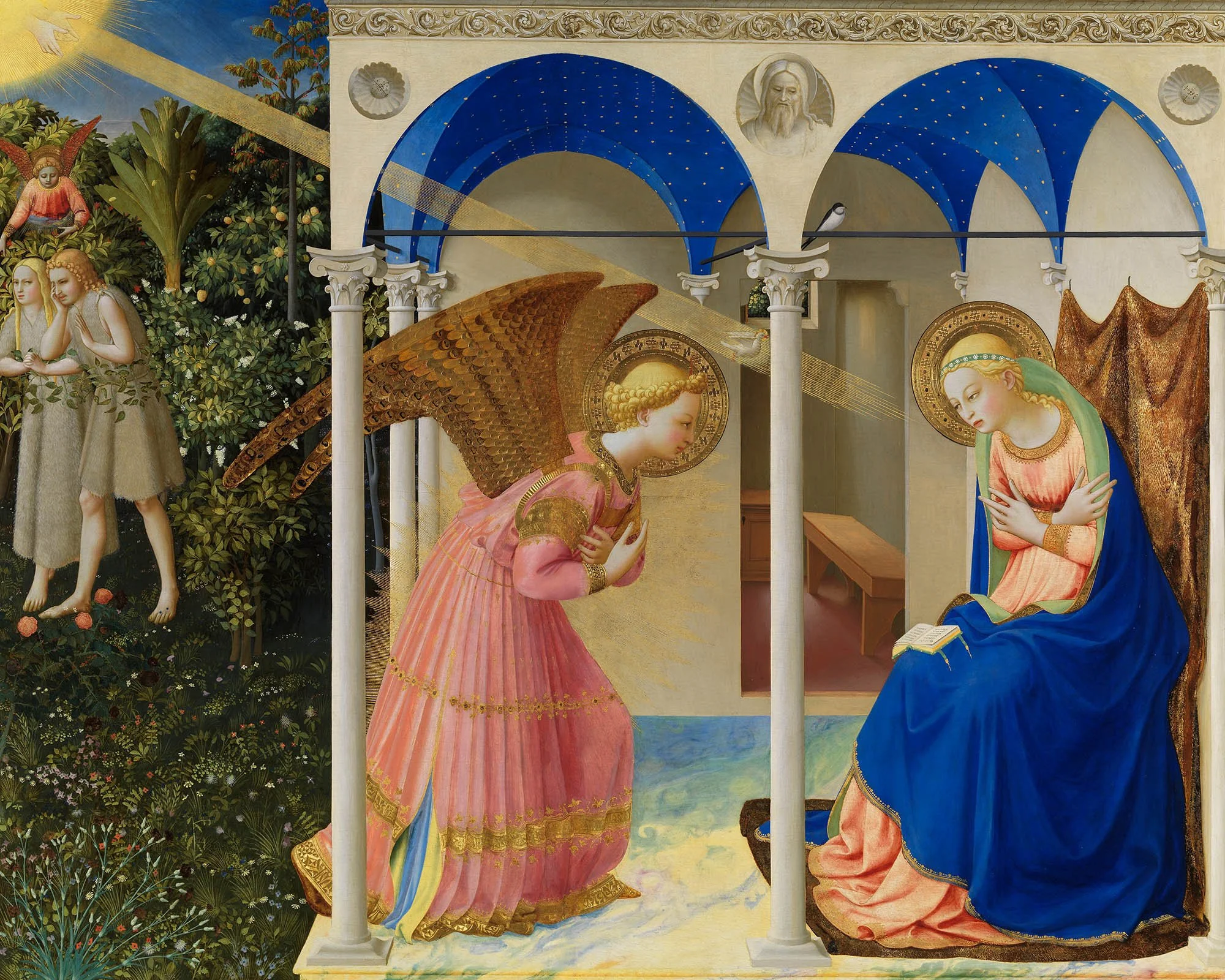
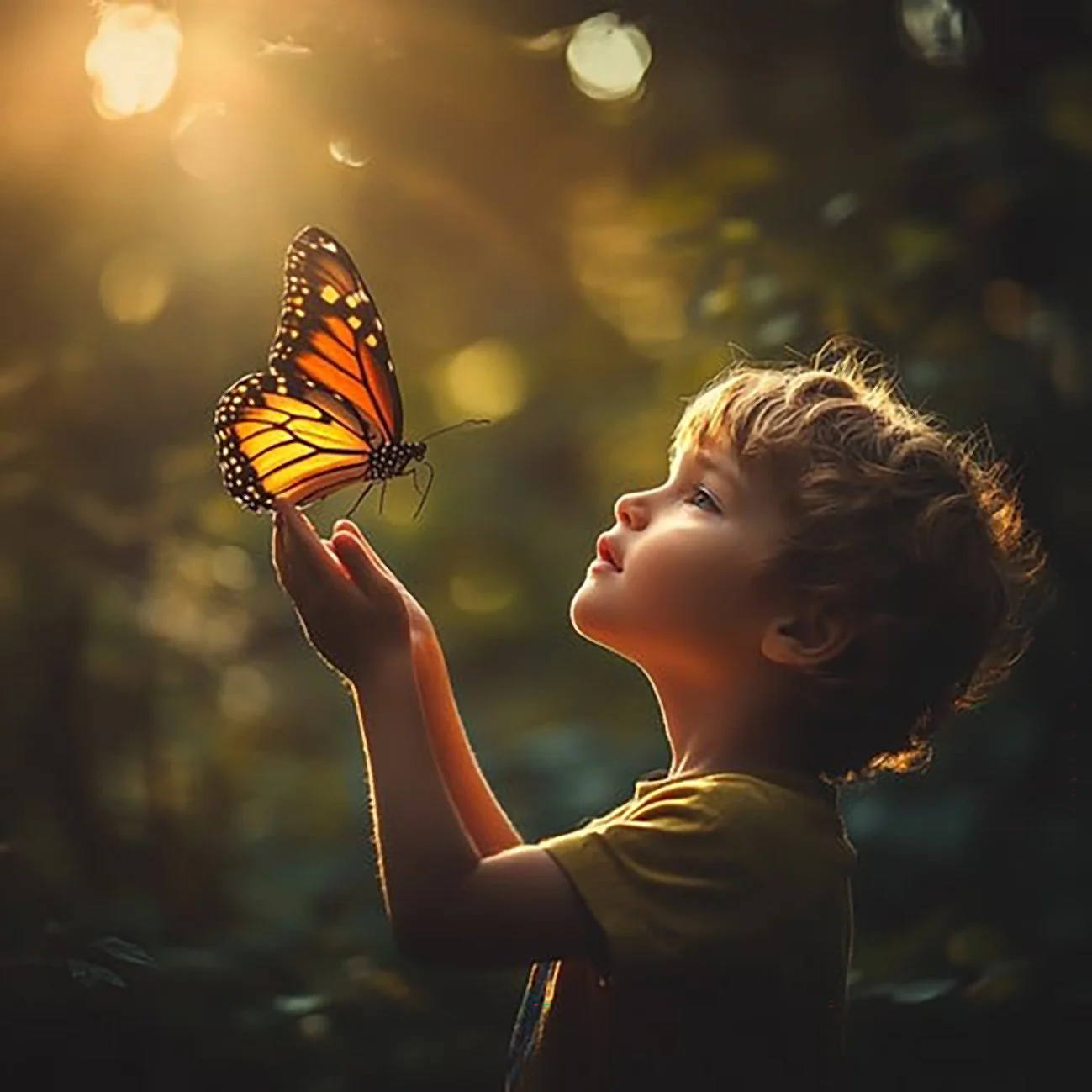
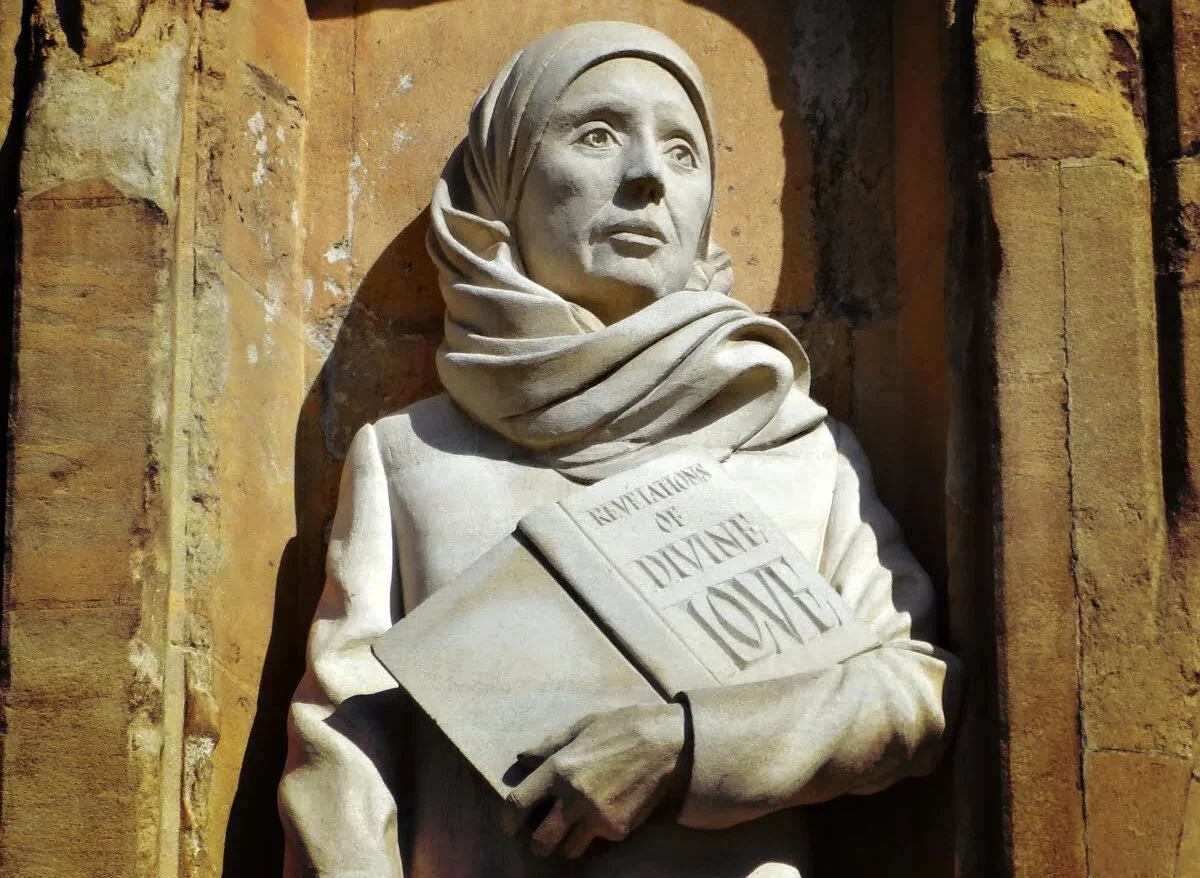

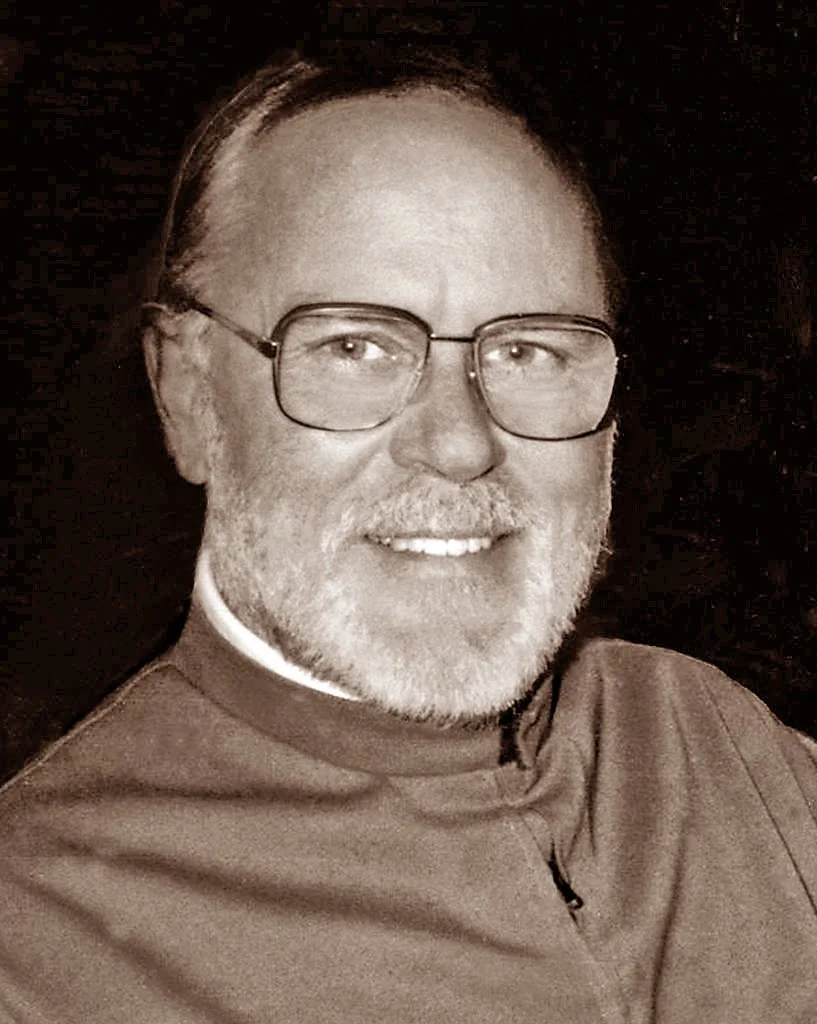
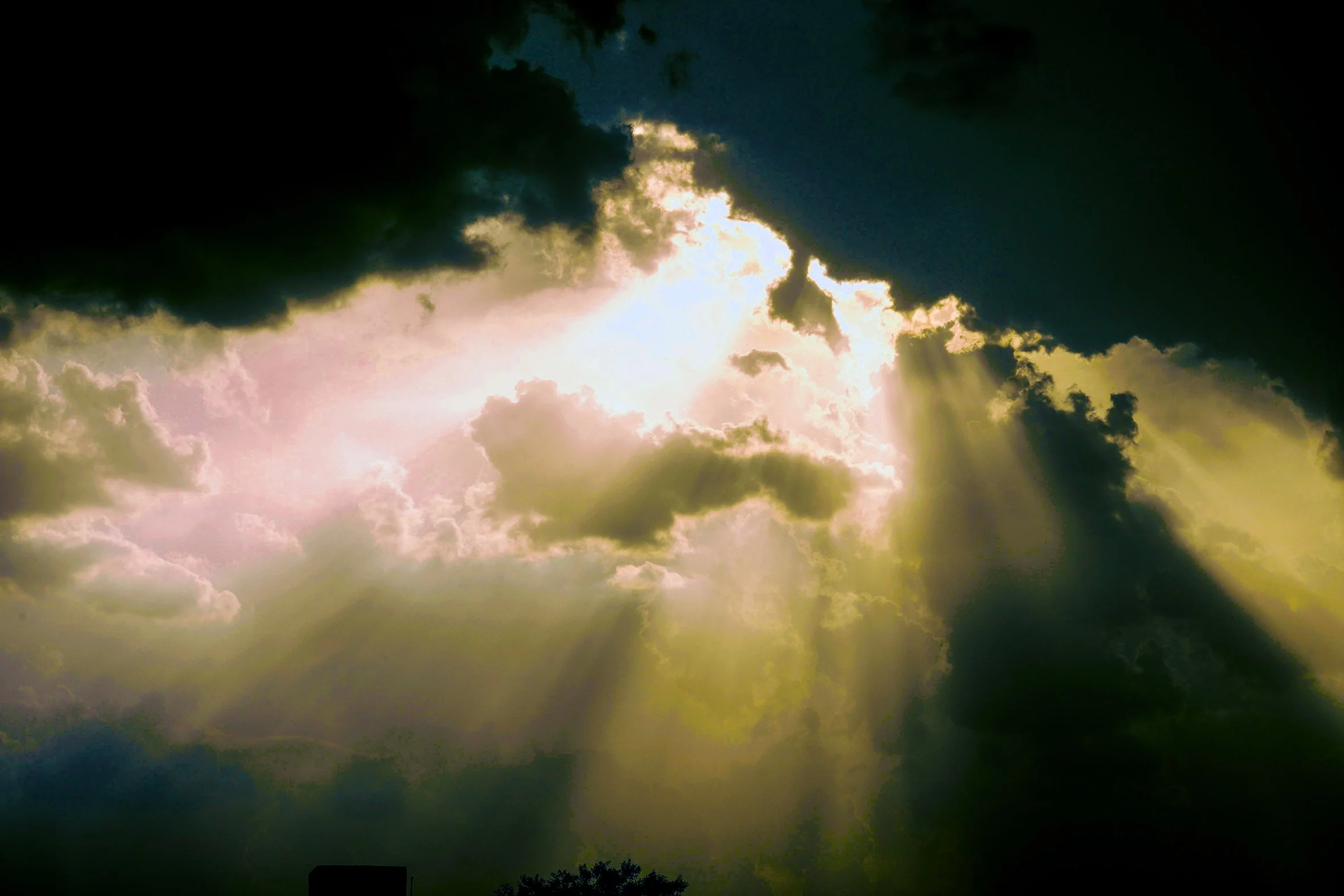
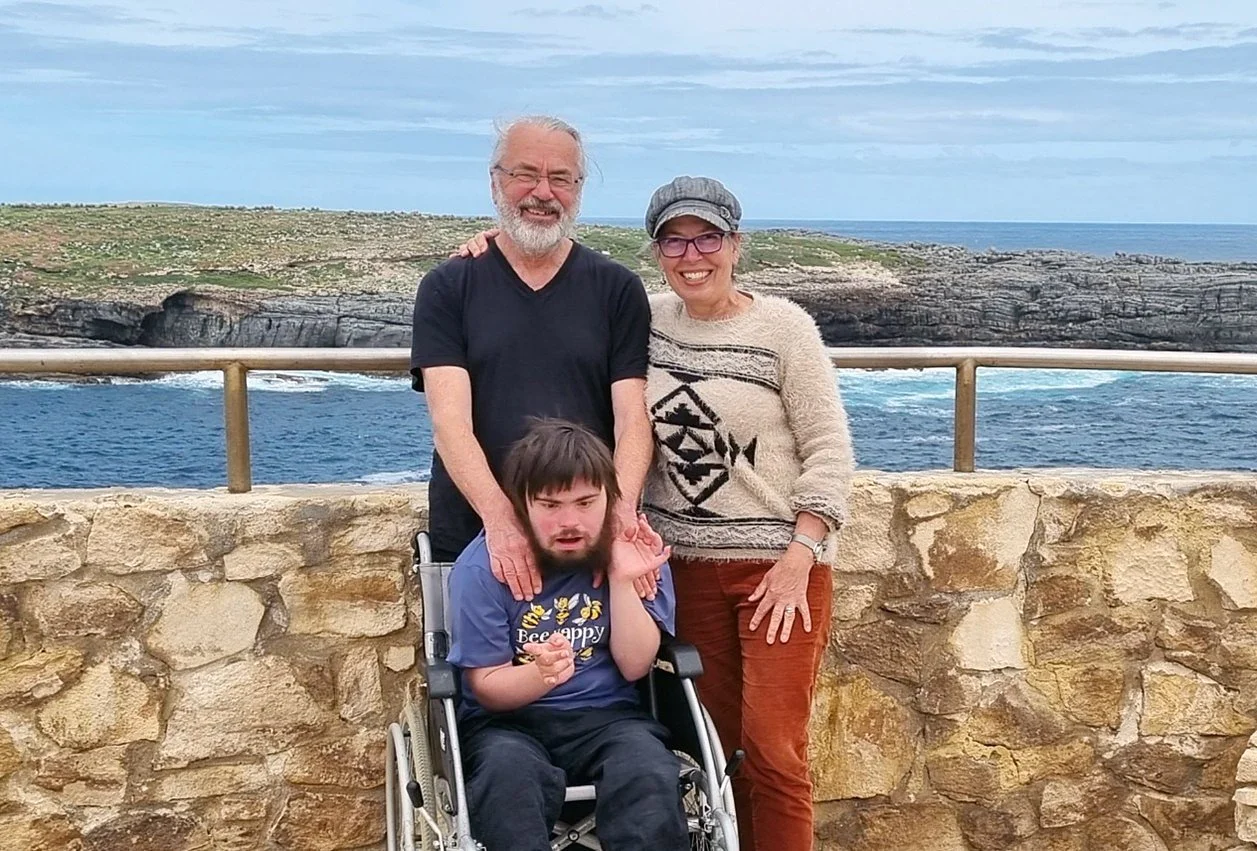


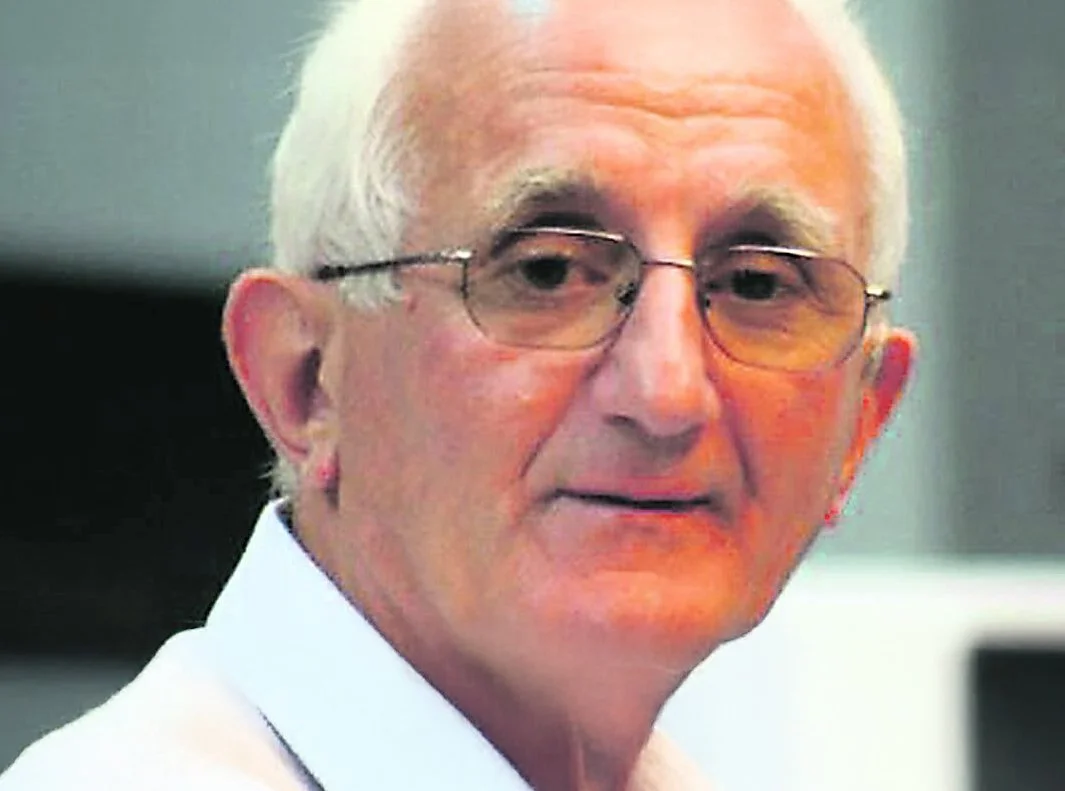






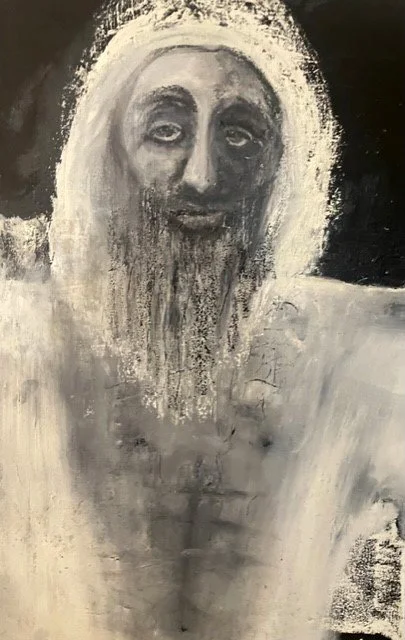


Perhaps angels and birds have more in common than we think, writes Roland Ashby, contributing editor of Living Water. Birds, and nature more generally, can be divine messengers, he says, if we are open and receptive enough to hear the message.